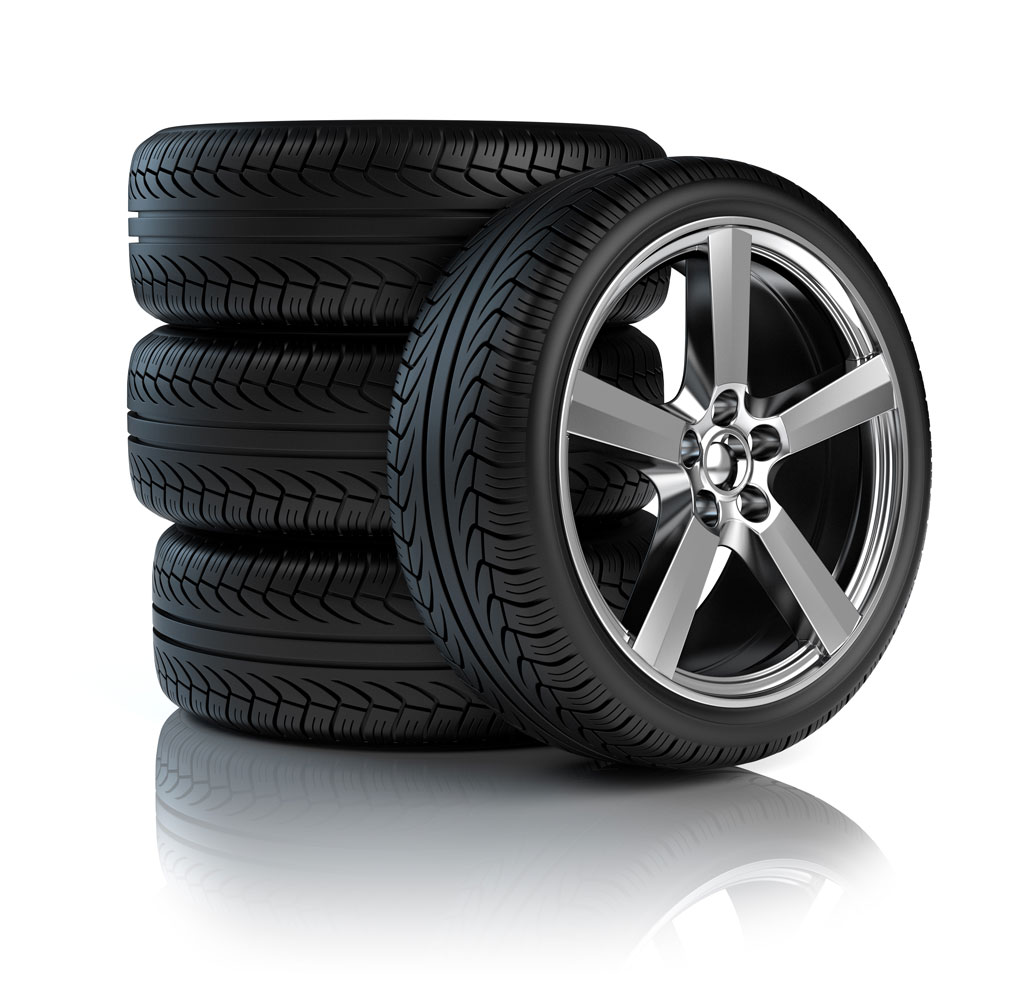Morris Tires: Your Companion for Specialist GMC Tires Service
Morris Tires: Your Companion for Specialist GMC Tires Service
Blog Article
Tire Solution: The Influence of Climate Condition
When it involves ensuring ideal efficiency and safety and security when traveling, comprehending the effect of weather on tire service is essential. From scorching warmth to icy roads, each weather component can significantly affect tire functionality and total driving experience. By diving into the impacts of differing climate condition on tires, drivers can get beneficial understandings that may boost their vehicle's performance and long life. In this discussion, we will certainly discover the intricate partnership between weather problems and tire service, clarifying the value of weather-specific tire upkeep practices and factors to consider.
Warm and Tire Efficiency
When exposed to heats, tires experience modifications in performance that can substantially influence vehicle security and handling. The warmth generated from extended driving or hot weather condition problems triggers the tire rubber to soften, leading to decreased walk life and enhanced wear. As the rubber becomes softer, the tire's grip when traveling reduces, influencing braking ranges and overall traction. In severe cases, too much warmth can even create tire blowouts, presenting an extreme security threat to the automobile and its owners.

Cold Climate Impacts
Cold weather problems can have a substantial influence on tire performance and security. As temperatures decrease, tire rubber can solidify, resulting in lowered traction on icy or snow-covered roads. In chilly weather, tires may likewise shed air pressure more rapidly, which can influence dealing with and gas efficiency. In addition, chilly temperatures can cause tire sidewalls to tense, increasing the risk of damages from pockets or other road hazards.
To alleviate the effects of winter on tires, it is crucial to frequently examine tire pressure and inflate them to the maker's recommended levels. Using winter season or all-season tires created for cool weather problems can additionally improve traction and grip on icy or snowy roads. Proper tire maintenance, including regular examinations for wear and damage, comes to be a lot more vital throughout colder months to make sure optimum efficiency and safety and security.
Rainy Conditions Effect
Throughout wet conditions, tire performance and safety can be considerably affected by the damp roadway surfaces and decreased visibility. The step pattern of tires plays a vital duty in preserving grip on damp roads. Tires with worn-out treads are a lot more vulnerable to hydroplaning, where a layer of water accumulates between the road and the tire surface, leading to loss of grip. To battle this, motorists need to routinely examine their tires for sufficient tread deepness and think about purchasing tires specifically designed for wet problems.
Additionally, wet weather can additionally reduce exposure, making it testing for chauffeurs to see the roadway in advance plainly (GMC Tire Service). In such problems, it is vital to change driving rates accordingly and maintain a risk-free following distance to permit unexpected quits. Effectively filled with air tires can also help in maintaining control on wet roadways by providing much better handling and grasp
Snow and Tire Safety
Snow-covered roadways pose distinct challenges for chauffeurs, stressing the significance of appropriate tire choice and upkeep. When driving in snowy conditions, having the right tires can make a significant difference in security and efficiency. Winter tires are created with unique rubber compounds and step patterns to give much better traction on snow and ice contrasted to all-season tires. The deeper treads and sipes see this website of wintertime tires aid grip the roadway better, reducing the danger of sliding and sliding.

It is crucial to adhere to producer guidelines when utilizing and mounting tire chains to prevent damage to the tires and car. By picking the appropriate tires, preserving proper inflation, and taking into consideration added grip aids like tire chains, vehicle drivers can enhance their safety and security when navigating snow-covered roadways.
Weather-Related Tire Upkeep
When faced with various weather condition problems, proper tire upkeep ends up being an important facet of vehicle safety and efficiency. Weather-related tire maintenance includes a variety of techniques focused on making certain ideal tire function and longevity in various climate circumstances. One vital aspect of weather-related tire maintenance is tire stress law. Changing temperature levels can cause tire stress to vary, influencing traction and gas efficiency. On a regular basis checking and adjusting tire stress according to maker referrals is important for risk-free driving in altering weather. Furthermore, tire step depth plays a significant role in handling different weather aspects. Tires with sufficient step depth give far better grip on wet or icy roadways, lowering the risk of hydroplaning or skidding. Checking tire step consistently and changing tires when tread wear reaches a particular deepness is vital for maintaining traction and security in damaging weather. By focusing on browse around this web-site weather-related tire maintenance, motorists can enhance safety and security, enhance lorry efficiency, and extend the life-span of their tires.
Verdict
In verdict, weather condition conditions have a significant influence on tire performance and safety and security. From warmth impacting tire stress and use to winter decreasing traction, it is vital to think about the weather condition when maintaining and making use of tires. Wet problems can reduce hold and lead to hydroplaning, while snow can boost the risk of crashes if tires are not correctly equipped. Weather-related tire upkeep is critical in ensuring optimal performance and safety and click to read more security when driving.
In this conversation, we will certainly explore the intricate relationship between weather problems and tire solution, losing light on the significance of weather-specific tire upkeep techniques and considerations.

Report this page